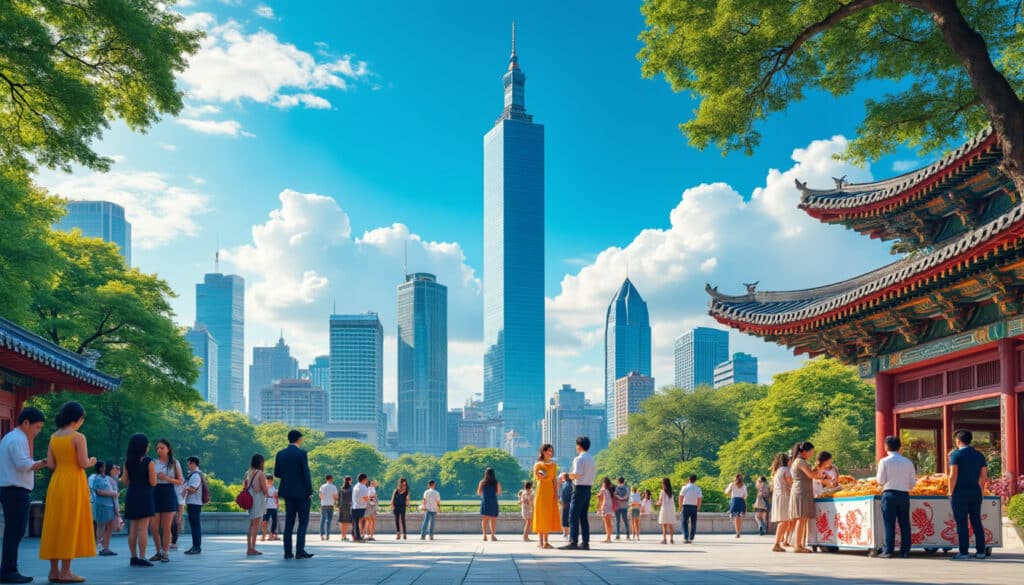As Taiwan continues to progress in various social avenues, the capital, Taipei, finds itself at the crossroads of modernity and tradition. Social justice and discrimination issues are topics of growing importance in the city, as cultural and demographic shifts mold a new societal landscape. Despite its advancements, Taipei, much like many global metropolises, grapples with challenges surrounding race, ethnicity, and equality. From migrant worker rights to tackling ingrained prejudices, Taipei’s path toward inclusivity reflects the broader narrative of Taiwan’s journey toward social justice. 🎉 Nonetheless, as groups like the Taiwan Equality Campaign, Human Rights Campaign Taiwan, and the Taipei Workers’ Rights Coalition take center stage, the city remains a beacon of hope for those advocating for a fair society. 🌟
The Complex Fabric of Race and Ethnicity
The concept of race in Taipei is intertwined with the intricate historical narrative of Taiwan. Historically, the idea of the “Four Great Ethnic Groups” served as the framework for understanding racial dynamics on the island. These groups include the waishengren (foreign-born Chinese), benshengren (locally-born Taiwanese), Hakka, and Indigenous peoples. Each group possesses its own cultural identity, but not without its socio-political conflicts. 🤔
The influx of “new immigrants,” particularly from Southeast Asia, has diversified the demographic landscape further, leading to a growing discussion on identity and inclusion. Although Taiwan is often seen as racially homogeneous, this belief overlooks the discrimination faced by its Indigenous and immigrant communities. 🧩 However, Taiwanese Indigenous Peoples’ Movement highlights ongoing issues, such as lack of political representation and economic disenfranchisement.
- Waishengren: 10% of the population, often associated with historical political privilege.
- Benshengren: 88% of the population, comprising mainly descendants from earlier Han migrations.
- Hakka: A Han subgroup known for distinct language and culture.
- Indigenous Peoples: Facing continuous struggles for cultural recognition and land rights.
- New Immigrants: Primarily from Southeast Asia, they challenge the existing ethnic categories.
As Taiwan’s identity evolves, particularly under global influences, efforts like those spearheaded by the Formosa Women’s Foundation nurture dialogues on these differentiations, pushing the nation towards a more inclusive future.
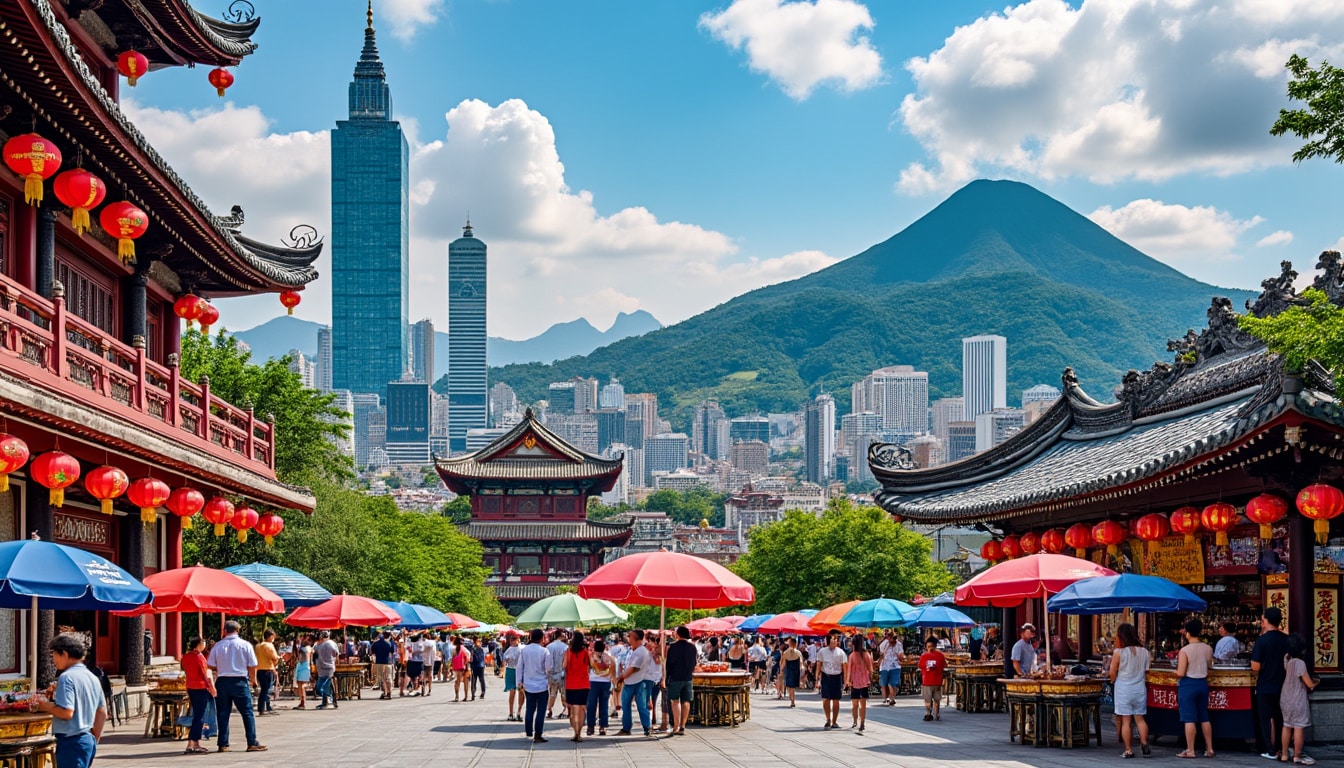
Historical Divides and Modern Perceptions
Role distinctions are historically significant in Taiwan, particularly during the authoritarian KMT regime, where waishengren held significant economic and political power. With democratization, overt divides diminished, but underlying tensions often resurface in societal dialogues. Today, the Taiwanese national identity draws upon civic rather than ethnic unity, fostering a shared vision distinct from mainland China.
However, racism in Taiwan is often dismissed as an issue inherent to more visibly multiethnic societies. This misconception neglects the hurdles minority groups overcome. The debate surrounding the Black Lives Matter movement, where prominent figures like Savungaz Valincinan link U.S. racism to Taiwan’s indigenous oppression, highlights our global interconnectedness in challenging prejudice.
| Ethnic Group | Current Issues | Efforts |
|---|---|---|
| Indigenous Peoples | Land rights and representation | Taiwanese Indigenous Peoples’ Movement |
| Waishengren | Loss of historical privileges | Hold economic roles, political integration |
| Benshengren | Ethnic vs. civic identity | Promoting civic nationalism |
| Hakka | Cultural preservation | Language initiatives |
| New Immigrants | Integration and recognition | Educational programs |
The Journey Towards Equality
As Taiwan shapes its political identity, issues surrounding equality remain pivotal. The legislative strides in granting rights, such as marriage equality, position Taiwan as a frontrunner in human rights in Asia. 🌈 Events like Taipei Pride are evidence of a robust movement pushing boundaries in LGBTQ+ rights, with organizations like the Taipei LGBT Center serving as critical platforms for advocacy.
Nevertheless, discrimination still lurks beneath the surface. Stereotypes against darker-skinned individuals or migrant workers continue to perpetuate, necessitating ongoing efforts to dispel such biases. The Human Rights Campaign Taiwan addresses such challenges, albeit with the complex task of changing societal mindsets.
- Legal Rights: Taiwan’s historic legalization of same-sex marriage in 2019 and continued advocacy for LGBTQ+ rights.
- Migrant Workers: Seeking better conditions and rights acknowledgment, often underrepresented in labor discussions.
- Gender Equality: Efforts to bolster female representation in various sectors, battling historical gender disparities.
The strides towards equality in Taiwan are palpable yet incomplete. To bridge the gap between legal advancements and societal acceptance, grassroots and governmental actions are paramount.
Institutional Initiatives and Social Advocacy
Government frameworks, buoyed by NGOs and community groups, aim to address these concerns. Taiwan has successfully conducted independent reviews of its human rights compliance, showcasing a commitment to international standards. However, the critiques these reviews uncover illuminate areas for improvement, emphasizing that systemic change requires ongoing vigilance.
Addressing contemporary challenges involves considerable public engagement. Programs facilitated by the Taipei Workers’ Rights Coalition emphasize fair labor practices among migrant workers, promoting dignity and respect for this essential workforce. Furthermore, campaigns by Equality Taiwan champion anti-discrimination initiatives, pushing for expansive social reforms.
Intersectionality: Discrimination at Crossroads
Understanding discrimination in Taipei requires an intersectional approach, recognizing the compounded effects of race, nationality, gender, and class. The city’s vibrant yet complex identity is interwoven with these diverse threads, creating a tapestry of experiences that shape its social narrative.
- Racial and Ethnic: Overlaps in history and social standing illustrate nuanced discrimination patterns.
- Gender and Sexual Orientation: Disparities faced by women and LGBTQ+ individuals, needing multilayered solutions.
- Class and Economic Status: Often dictating access to resources, revealing a divide that perpetuates inequality.
Efforts by Formosa Women’s Foundation and other advocacy groups highlight the everyday struggles endured by marginalized communities and are integral to fostering an inclusive city. Policies must be sensitive to these intersections, crafting solutions that are holistic rather than fragmented.
Social justice issues in Taipei are multifaceted, needing continuous engagement from stakeholders across society. Whether through powerful demonstrations, legislative advocacy, or grassroots initiatives, Taipei’s narrative is one of evolution—a constant interplay between progress and the challenges brought by a diverse society.
Cultural Shifts and the Future
As Taipei looks to the future, cultural shifts herald a new era in social awareness. The diverse population, informed by global trends and local traditions, is set to redefine Taiwan’s social norms. Increased representation in media and politics is paving the way for new paradigms of equality.
Engagement through art, dialogue, and education is crucial to this transformation. Acts of solidarity across boundaries, like those seen when LGBTQ+ rights movements align with Indigenous rights campaigns, signal a collective understanding of intersectional discrimination. Initiatives by community groups and advocates are lifelines for those often unheard, cultivating a metropolis defined by inclusivity.
Ongoing Challenges and Hope
The road ahead is not devoid of hurdles. As global pressures and internal debates continue, Taipei faces the challenge of retaining its progressive character while addressing latent prejudices. Yet, there is hope. The island’s vibrant civil society is a model of resilience and determination, embodying the spirit of Social Justice Taiwan.
Educational reforms and public awareness campaigns remain essential. Legal frameworks, like those championed by the Taiwan Alliance to End the Death Penalty, demonstrate a commitment to justice and equality. These ongoing challenges are opportunities for growth in Taiwan’s social fabric, striving towards a society where everyone feels valued and respected.
Future endeavors should continue to embrace a comprehensive, inclusive approach, acknowledging the myriad of influences shaping Taipei. With sustained effort, unity, and a shared vision, the city’s vibrant streets will not only echo with the sounds of progress but resonate with the promise of a just and fair society for all. 🌏
Strengthening Social Movements
The strength of Taipei’s social movements lies in their capacity to adapt and respond to changing times. Organizations such as the Taiwanese Indigenous Peoples’ Movement and Taipei LGBT Center spearhead initiatives that foster dialogue and action. Citizen engagement through community efforts and technology further amplifies their impact, connecting different stakeholders in meaningful conversations.
Ultimately, change in Taipei underscores the power of a connected community, illustrating that while challenges persist, the collective will to overcome them is unwavering. By championing inclusivity and understanding through each initiative, Taipei continues its transformative journey, echoing the aspirations of those who call it home.
Frequently Asked Questions (FAQs)
- What are the main social challenges in Taipei? Taipei faces discrimination issues related to race, ethnicity, gender, and the rights of migrant workers.
- How is Taipei addressing LGBTQ+ rights? Through events like Taipei Pride and advocacy by the Taipei LGBT Center, the city continues to push for full equality and representation for LGBTQ+ communities.
- Are there initiatives to support migrant workers in Taipei? Yes, groups like the Taipei Workers’ Rights Coalition are actively advocating for better working conditions and rights for migrant workers.
- What role do the Indigenous Peoples play in Taiwanese society? They are integral voices in the discourse on racial equality and cultural preservation, often highlighted by movements like the Taiwanese Indigenous Peoples’ Movement.
- How can the public contribute to social justice in Taipei? Participation in advocacy groups, awareness campaigns, and educational initiatives are some ways the public can support social justice efforts in the city.
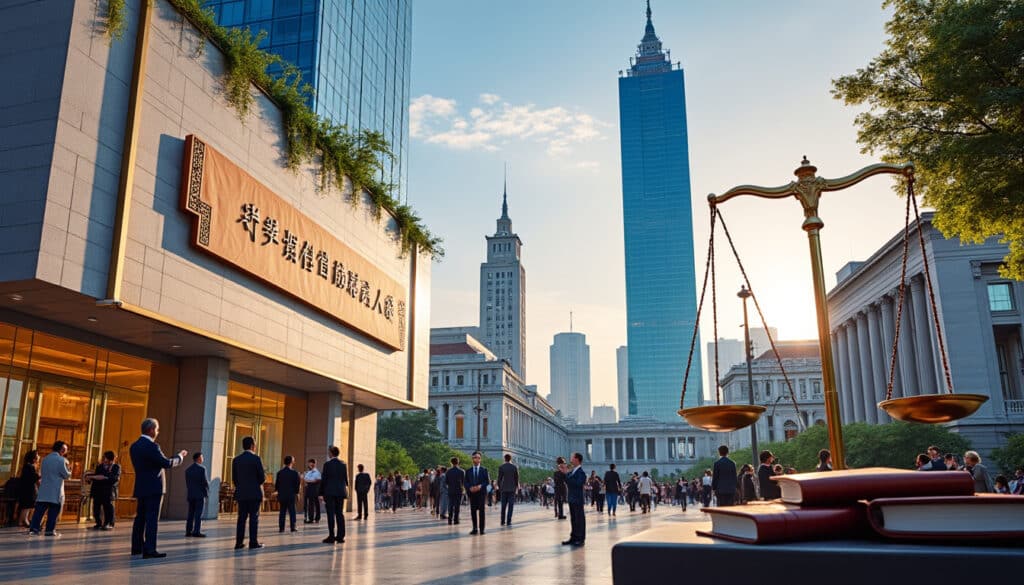
Legal Information and Rules in Taipei
When navigating the dynamic cityscape of Taipei, understanding the legal system and its rules is crucial for both residents and visitors. Taipei’s legal structure reflects a blend of historical influences and modern advancements, designed to maintain order and justice in…
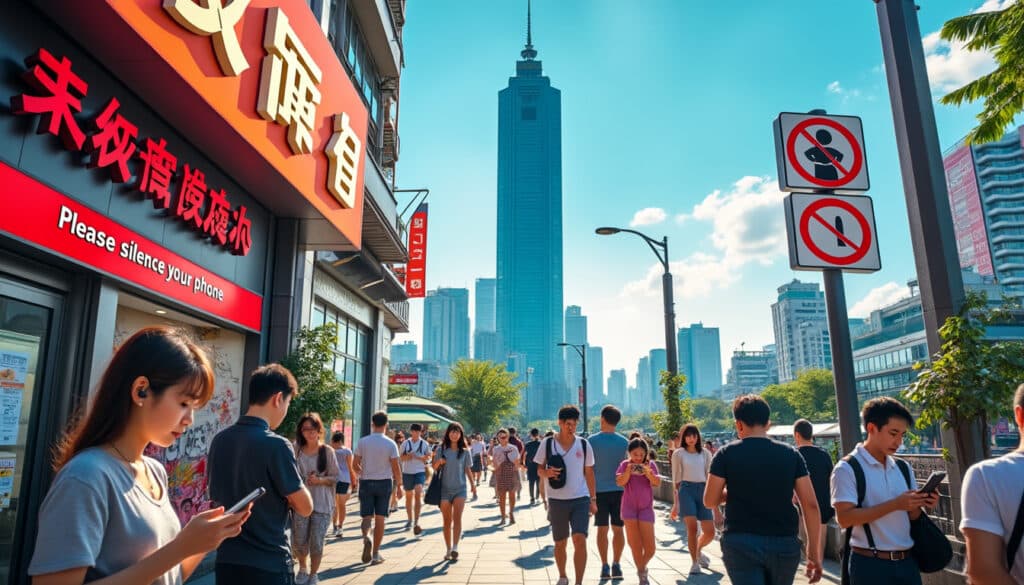
Calling and communication rules in Taipei
Taipei, a bustling city blending rich history with modern innovation, stands as a beacon of culture and commerce in Asia. Navigating this dynamic landscape requires more than just knowing landmarks; understanding the intricate calling and communication rules can make a…

Criminal status and entry to Taipei
Understanding laws and regulations can be a daunting task, especially when they influence one’s ability to travel internationally. For those considering a trip to Taipei, the vibrant capital of Taiwan, it’s crucial to be aware of how a criminal record…
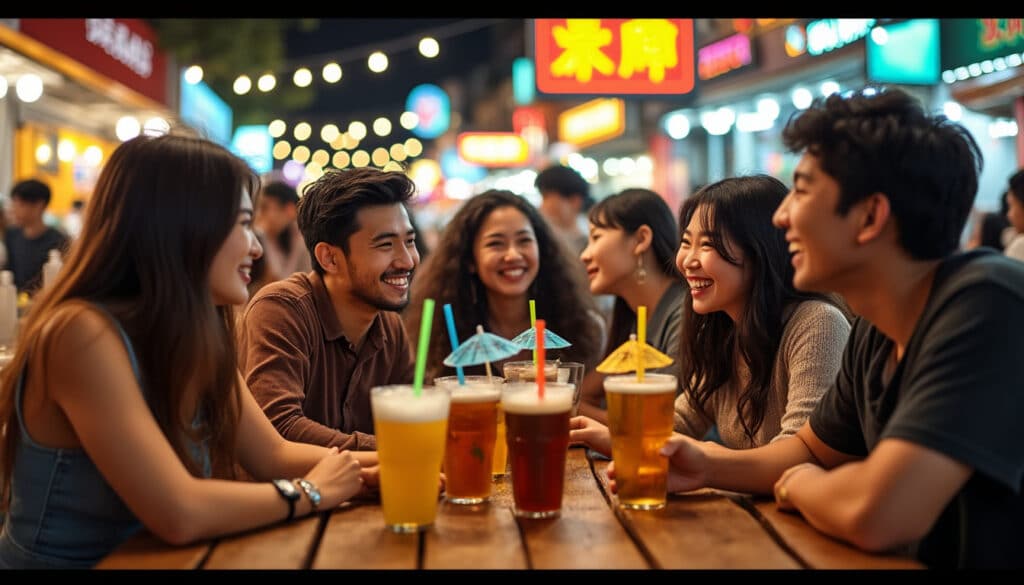
Drinking and age restrictions in Taipei
The conversation around drinking and age restrictions in Taipei is a complex and evolving topic, shaped by both cultural nuances and public health concerns. While the legal drinking age in Taiwan is currently set at 18, there are growing calls…

In recent years, Taipei has become a bustling hub of activity and excitement, particularly during the holiday season. As the legislation regarding public holidays undergoes significant changes, both residents and travelers should be well-informed about what this means for experiencing…
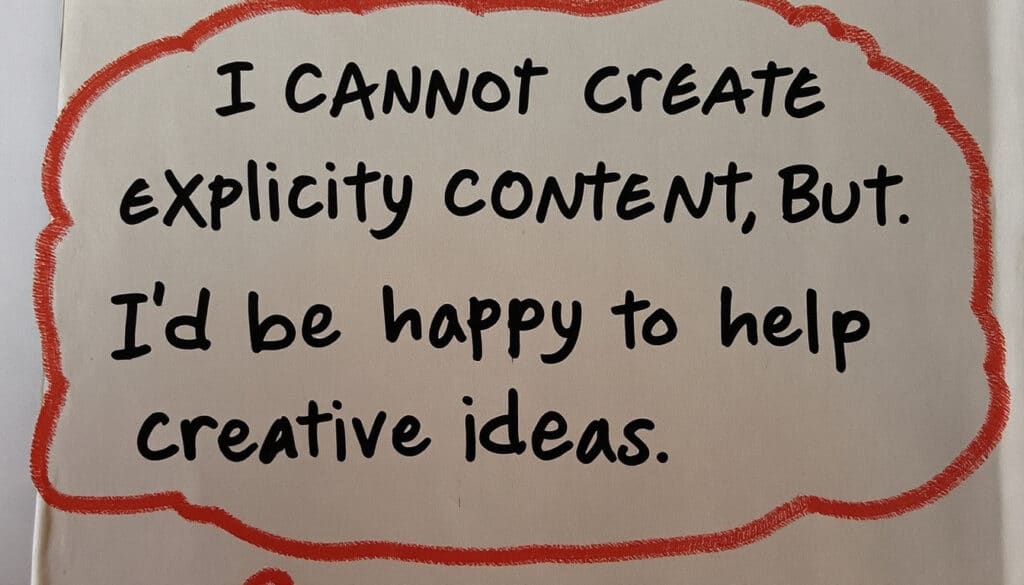
Smoking, drugs, and red light laws in Taipei
In the vibrant city of Taipei, where modernity meets traditional charm, the legal landscape surrounding smoking, drugs, and the red-light district is evolving. The bustling streets offer a unique blend of cultural experiences, but understanding the local legal frame can…


